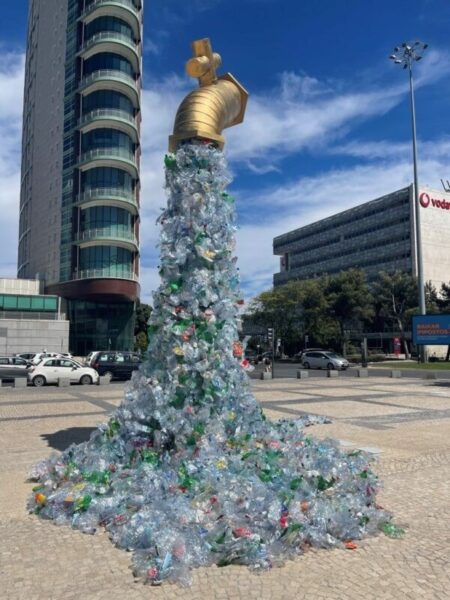An international group of scientists has cautioned against reliance on mechanical clean-up devices as a means of addressing the plastic pollution crisis.
The researchers say they appreciate the clear and pressing need to tackle the millions of tonnes of waste that have already accumulated in the ocean and waterways.
However, they caution that plastic removal technologies used so far have shown varied efficiency in the amount of waste material they are able to collect, many have not been tested at all.
In fact, some have been shown to harm quantities of marine organisms – including fish, crustaceans and seaweeds – that far exceed the amount of plastic captured, meaning their overall impact on the ocean is potentially more harmful than helpful.
Writing in the journal One Earth, the scientists say with plastic production projected to triple by 2060 the most cost-effective and efficient way to prevent further pollution is to reduce plastic production and consumption, and for essential applications of plastics to design safe, sustainable products with a readily available and effective pathway for end-of-life disposal.
They also assert that the environmental costs of leaving plastic pollution in the ocean should be weighed against the full environmental and economic cost of plastic removal technologies, and call for clear criteria for such judgments to be incorporated in the United Nations Global Plastics Treaty.
Their commentary has been published as world leaders prepare to resume discussions on the Treaty at the third meeting of the Intergovernmental Negotiating Committee on Plastic Pollution.
The international group is concerned that focusing too greatly on cleanup approaches will create more environmental risk, and be a distraction from the key priorities of the Plastic Treaty negotiations: plastic pollution prevention.
Further information can be read here.
